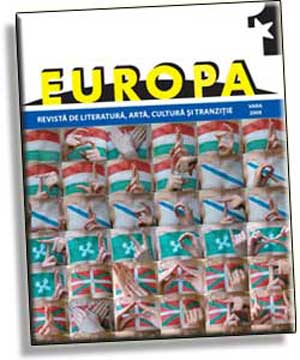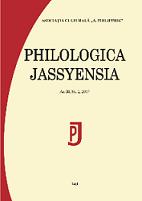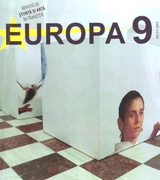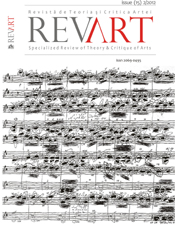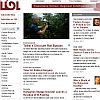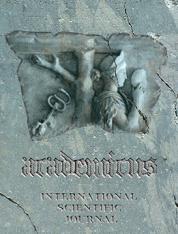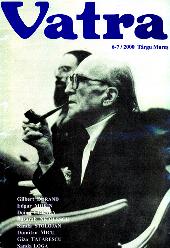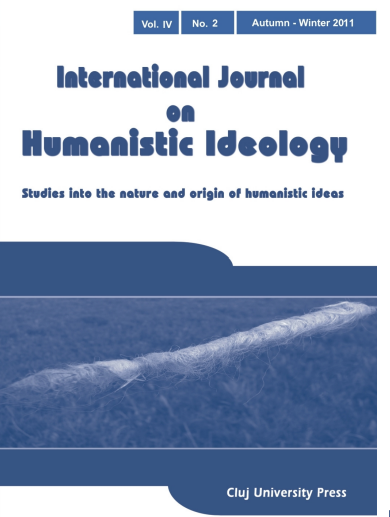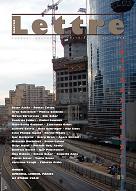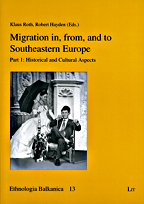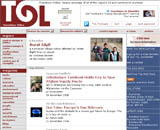Prezenţe spirituale româneşti în spaţiul american. Recuperări necesare
Author(s): Rodica Albu / Language(s): Romanian
/ Issue: 2 (03)/2006
Keywords: literature
It could be an exercise of moral responsibility by locating the works of the artists, the
writers or the scholars who chose to live outside of Romania in the zone of utmost interest for the
Romanian culture. For almost fifty years, during the communism, we were ignoring them (with
some exceptions) and even the authors of the dictionaries or histories of literature avoided
integrating in the Romanian literature a series of works of the exiled writers.
Today, the writers who live(ed) in exile, the Romanian writers living outside the native
country are a subject of more and more books39. Writers as Aron Cotruş, Vintilă Horia or Matei
Vişniec, Norman Manea, important names of the exile from another age of the Romanian
literature, are comprised in The Essential Dictionary of the Romanian Writers, the referrals about
them being written by the critic and academic authorities. Some Romanian writers who lived in
exile make also the object of a series of monographs and of interesting doctor’s degree theses.
Aurel Sasu, one of the authors of the Dictionary of Romanian literature, wrote
somewhere that “the Romanian literature is only one in Bucharest, New York, Madrid, Paris or
London.” This is the point of view which must be the start for reviewing the Romanian literature,
because there is sometimes, let’s admit it, a kind of inertia and lack of concern towards the exile
writings, equally blameful like is the opponent tendency, of an enthusiastic recovery which
substitutes the aesthetical criterion with a more or less traumatic biographical experience of the exile.
After leaving the country after 1945, some Romanians chose France, because of the
language and the cultural background, and also Spain. Some of them remained in Europe, others
emmigrated again and went to the United States, countries of Latin America or Canada.
There, they continued their work as Romanian writers, “moving” the native country to
other geography, trying to build in fact their own Romania. They continued to write into
Romanian, to edit journals and magazines in Romanian language, to publish books in their own
publishing houses etc. One of the most preeminent scholar and writer, Mircea Eliade, in his
Memories, said that he didn’t see in exile “a break from the Romanian culture, but only a change
of perspective, namely a displacement to diaspora.” So, it is obvious that Mircea Eliade and other
Romanian writers (such as Ştefan Baciu, Sanda Golopenţia, Constantin Eretescu, Norman
Manea, etc.) continued to feel themselves belonging to the Romanian culture.
More...
